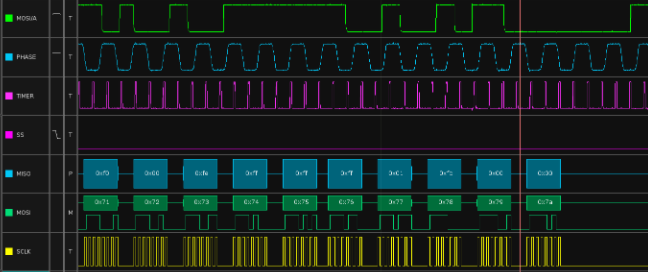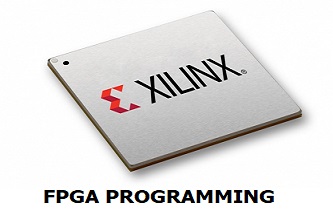FPGA Logic Analyzer
22/02/2021, hardwarebee
What is a Logic Analyzer?
A logic analyzer is an electronic device that is used to read digital signals. It basically receives these signals from digital circuits and then converts it into various dataforms. These include the likes of timing diagrams, assembly, and protocol decodes.

What are Logic Analyzers Used For?
With the help of a logic analyzer, you can observe the timing relationships between several different digital signals in a given system. The main purpose for which logic analyzers are implemented is to detect any hardware defects. These defects, that may possibly escape detection in simulation, can be uncovered by logic analyzers as they verify complex logic using boundary scan.
Why Do We Need FPGA Based Logic Analyzers?
FPGAs are currently being used in order to provide a common measurement point for logic analyzers. FPGAs can be used to debug the logic circuit in the system. With time, FPGAs are becoming more and more complex and advanced. As a result of these complicated designs, it is important to ensure that potential bugs are being monitored, pointed out, and then fixed.
With the help of an FPGA logic analyzer, you can continue to monitor the signals coming within the FPGA and debug them as needed. The debugging tool enables you to visualize the FPGA signals in real time. This real time monitoring allows you to continuously monitor and observe the behavior of your device and other hardware associated with your FPGA.
How Do FPGA Logic Analyzers Work?
You can program an FPGA logic analyzer to be triggered by a digital event or a sequence of digital events. The trigger condition can be something as simple as a rising signal or something as complicated as a very specific HTTP packet. If such a situation is fulfilled, the logic analyzer starts to capture digital data. Next, the analyzer runs and displays the data that it has captured in simple and complex forms depending on your requirements as we mentioned in the previous sections.
With the help of an FPGA logic analyzer, you are essentially getting a sneak peek into the internal activity of the FPGA chip. It puts the internal operations of your FPGA on full display so that you can thoroughly monitor the signal exchange.
The Limitations of Using Logic Analyzers with FPGAs
There are, however, several limitations associated with the use of market available logic analyzers with FPGAs. For example, most of these logic analyzers do not have the capability to perform long term data collection which may be required in certain applications. Fortunately, there have been many modifications made to existing models of this system to make more functionality possible.
Modular models have been created for FPGA based logic analyzers. Apart from that, we also have modified logic analyzers that can be used for long term data collection with FPGAs. It is also possible to build logic signal analyzers that have the ability to perform counter based triggering, implement match conditions, as well as execute internal and external clocking features.









